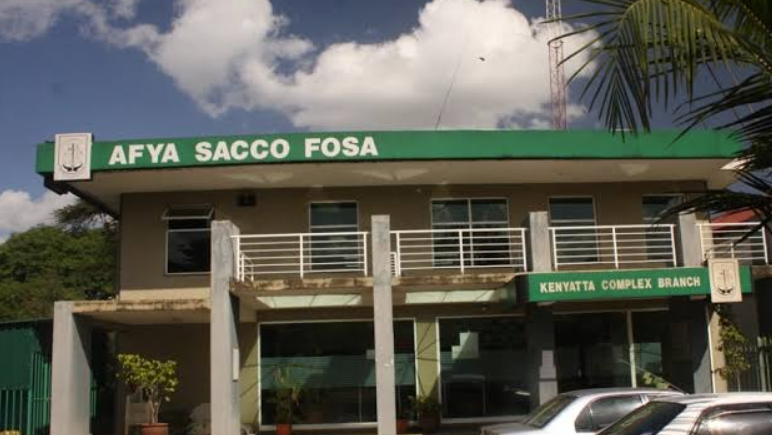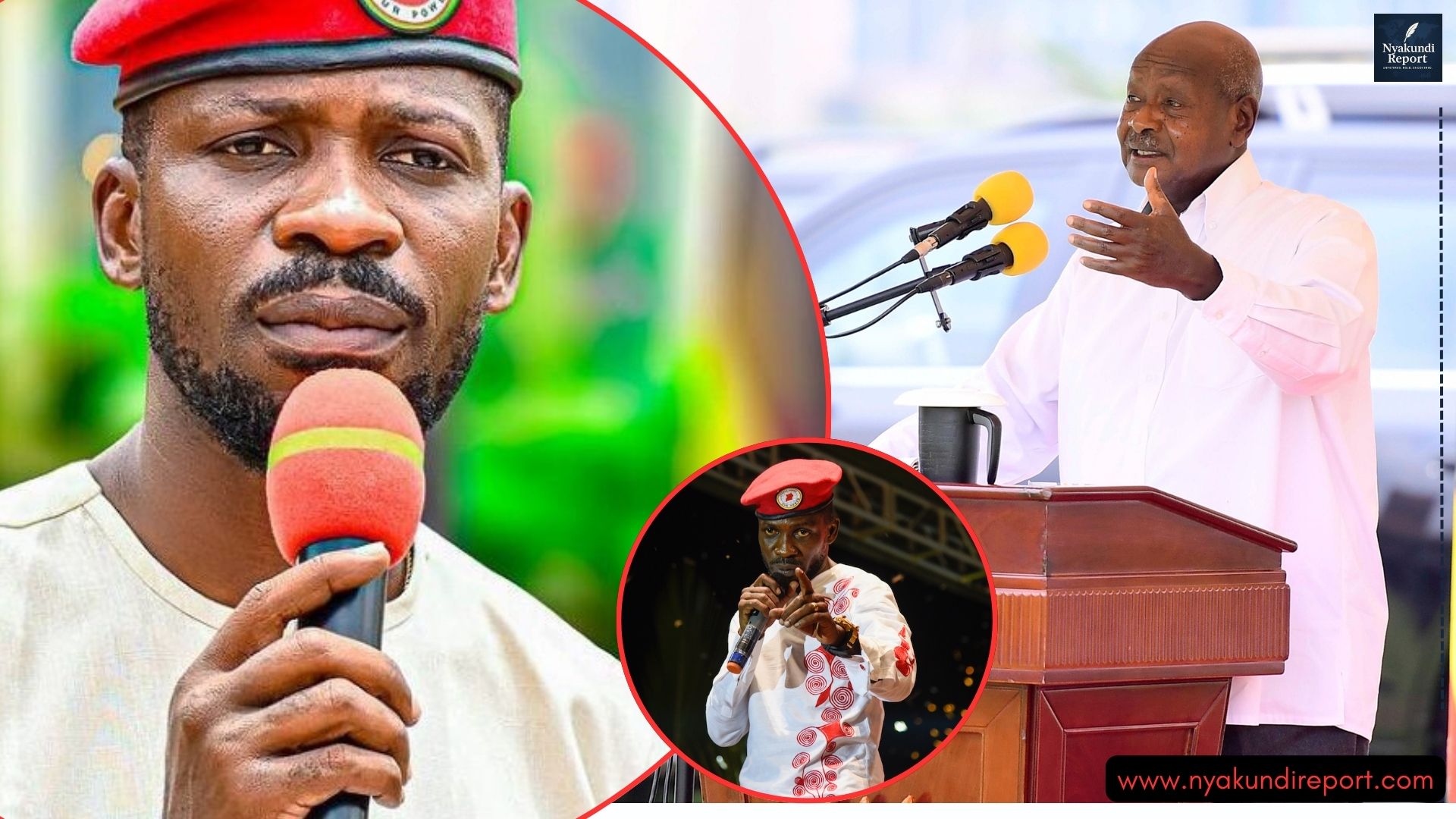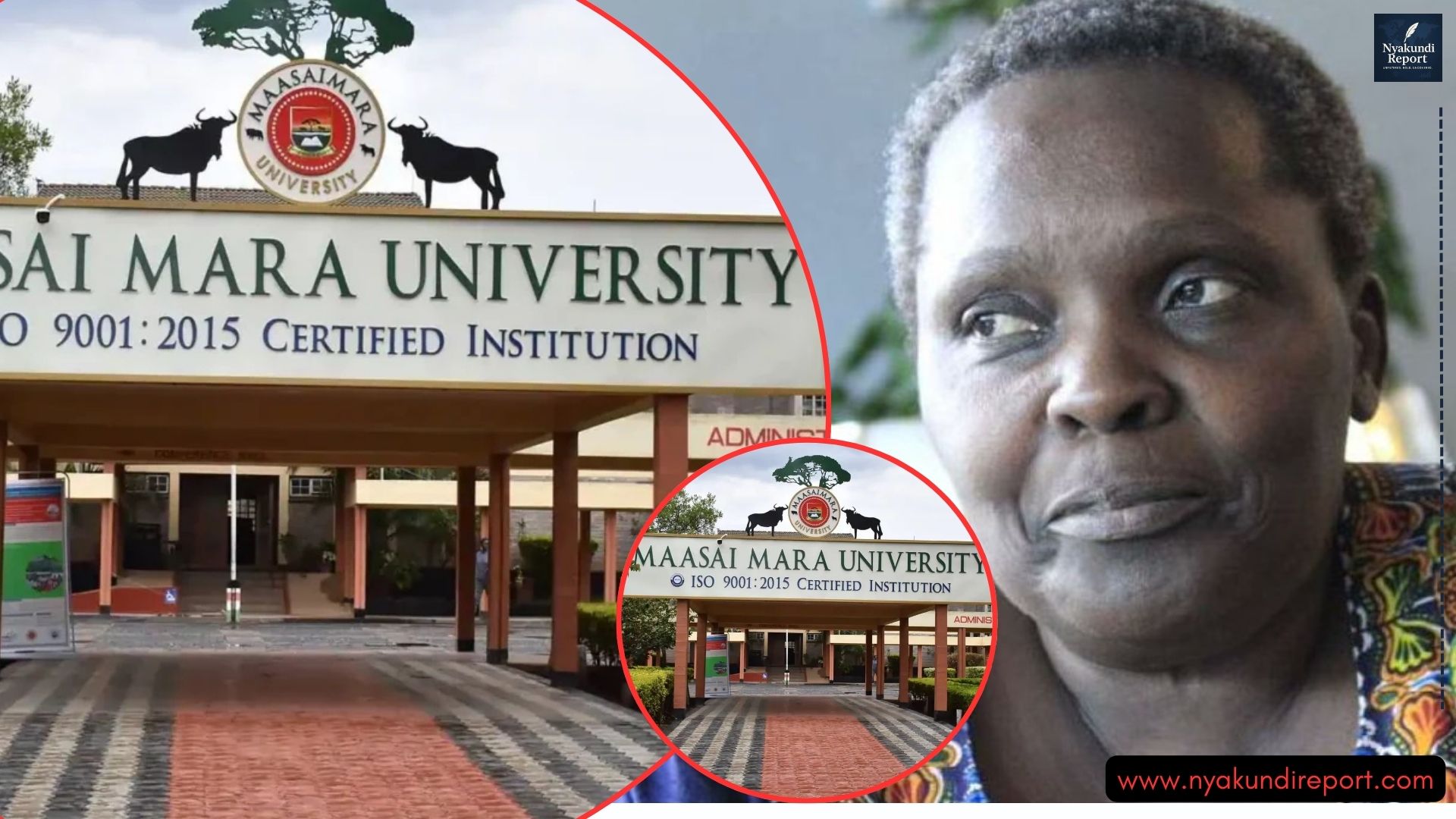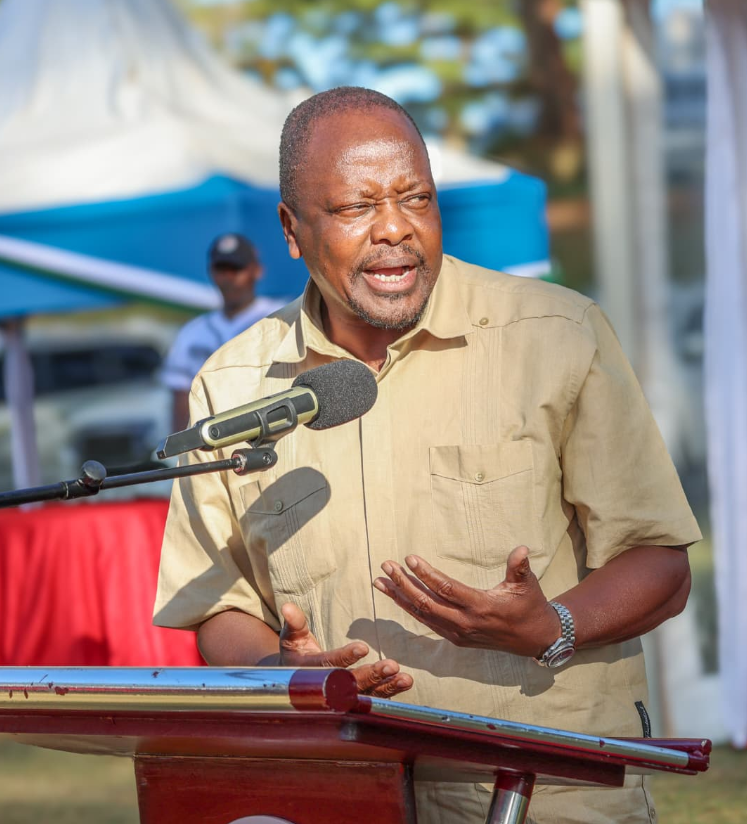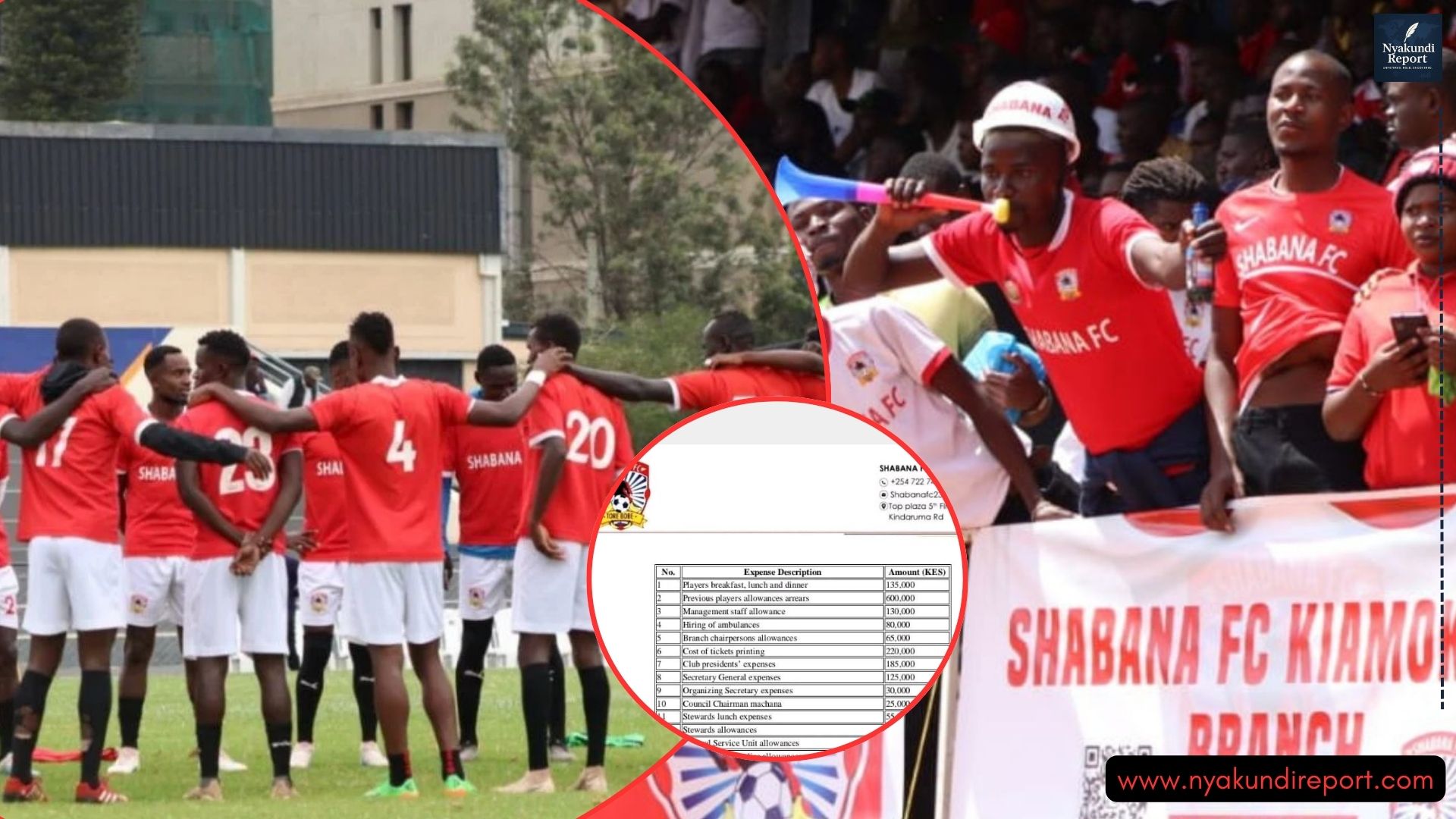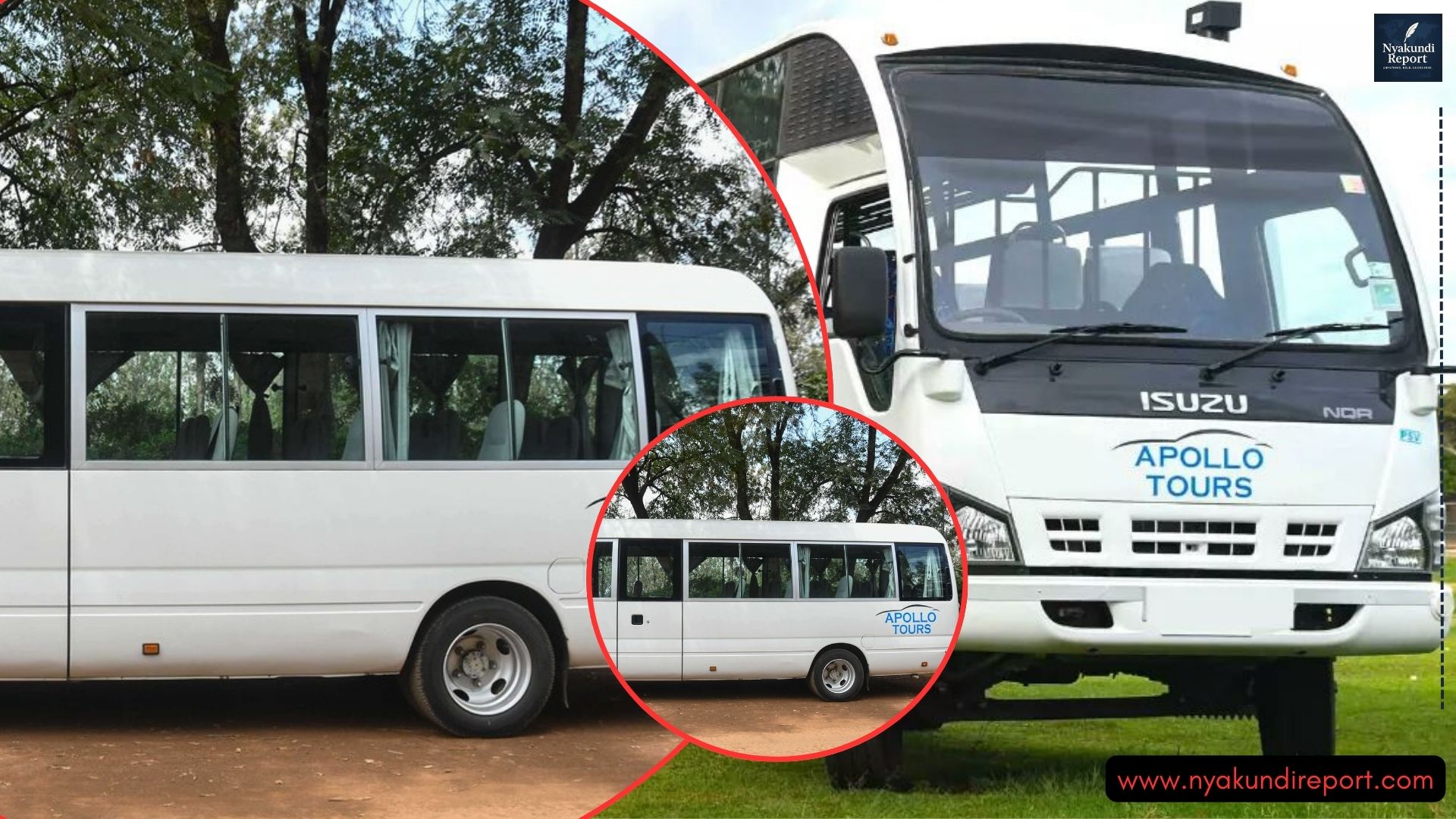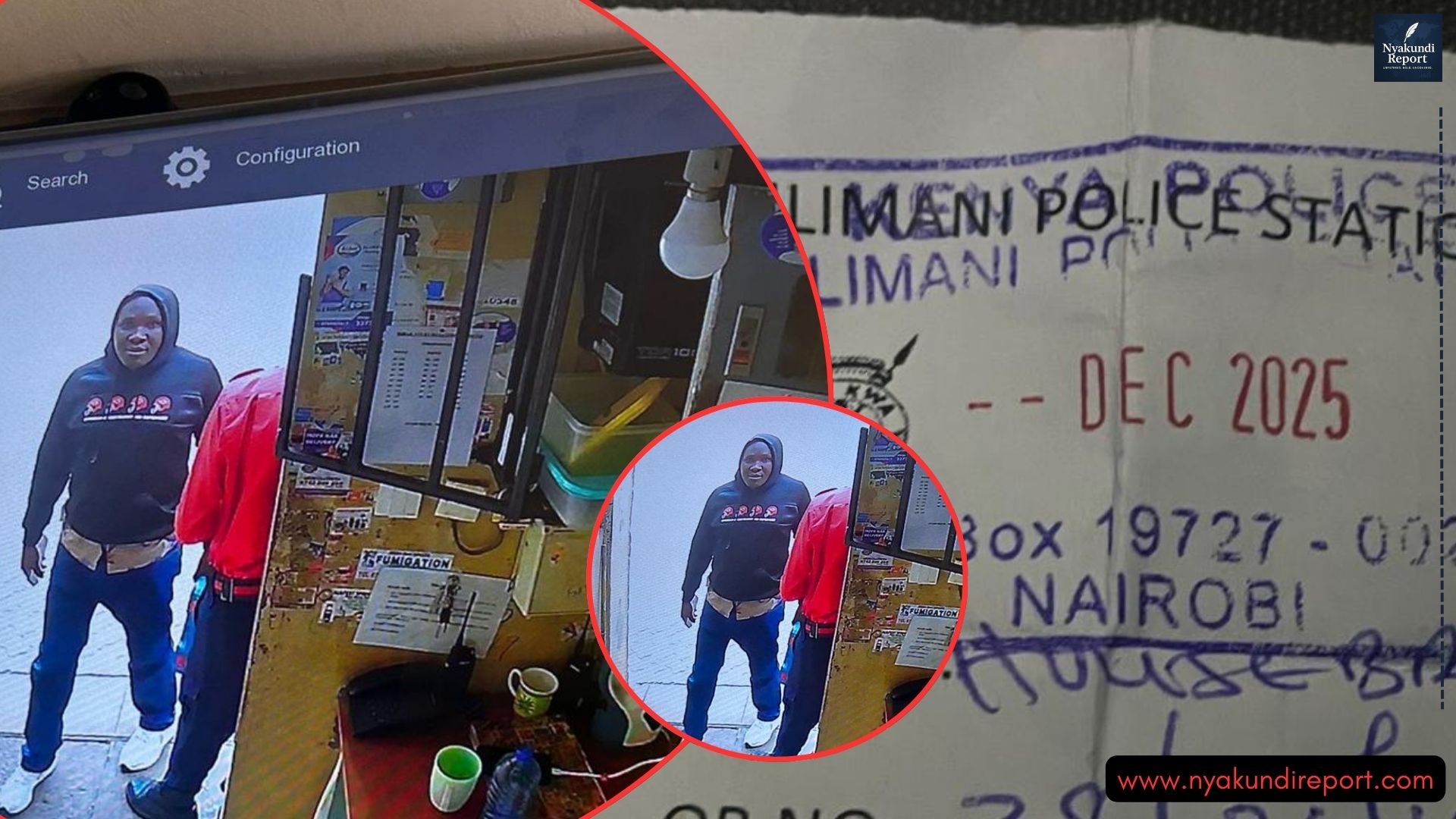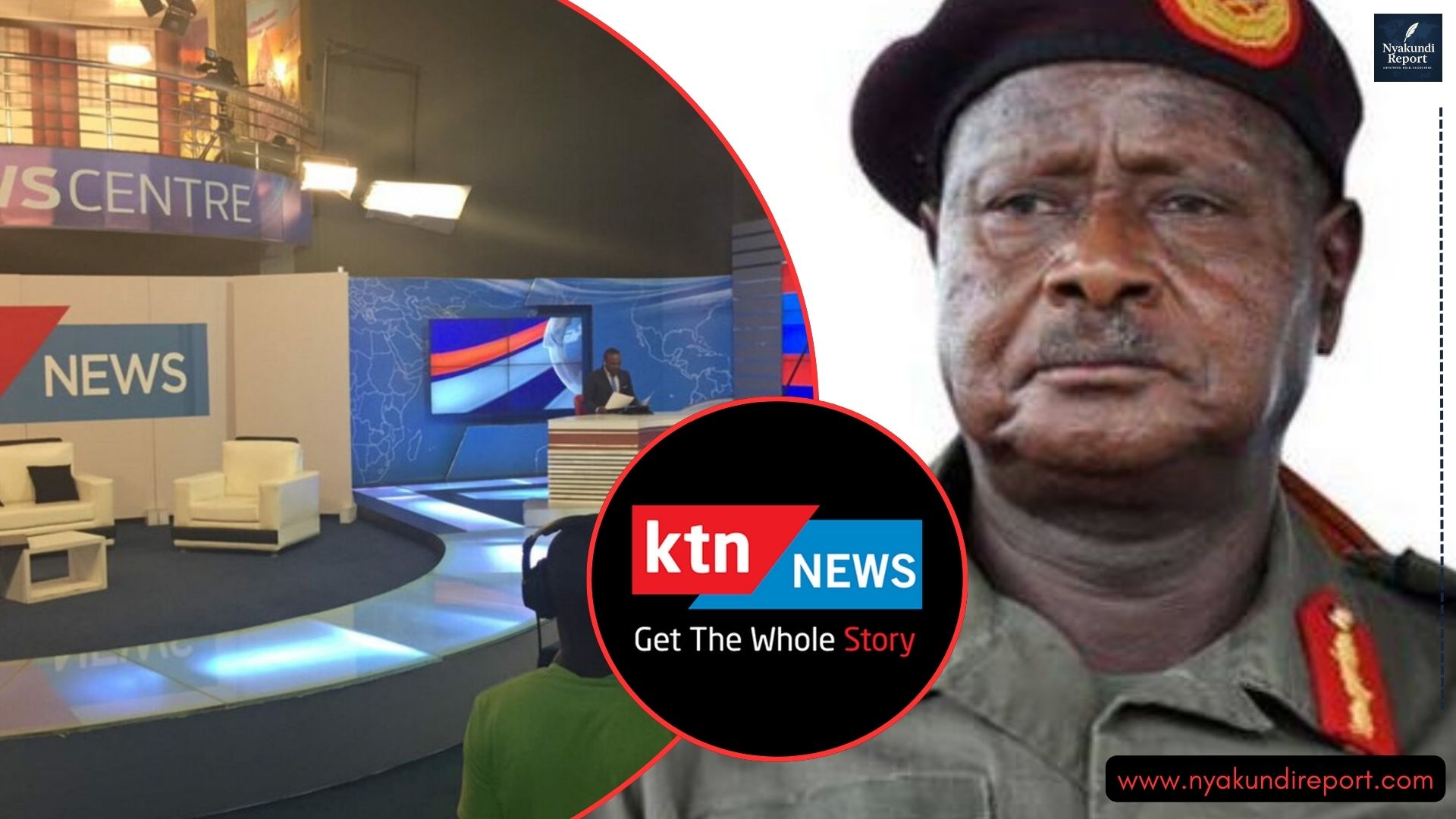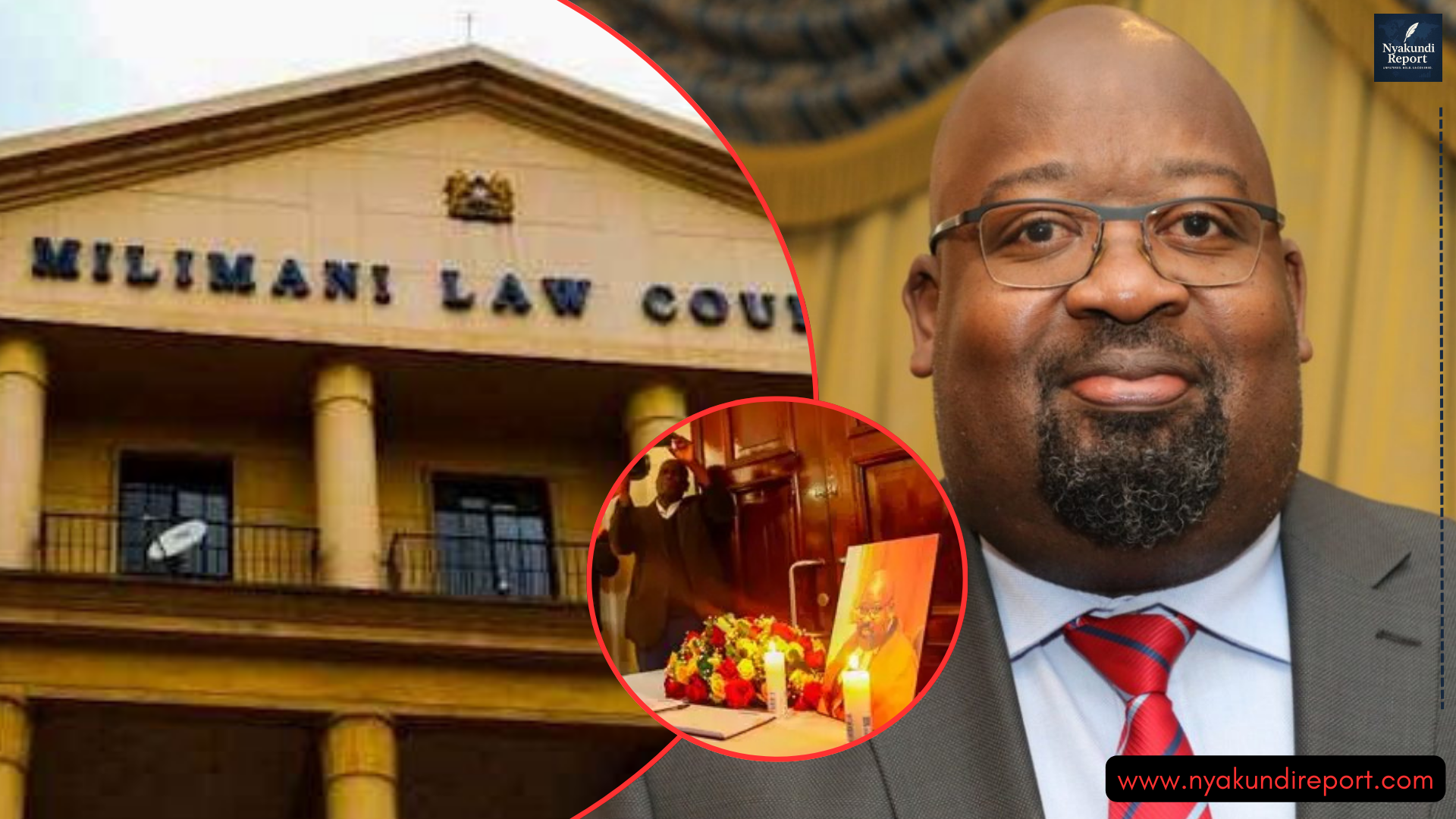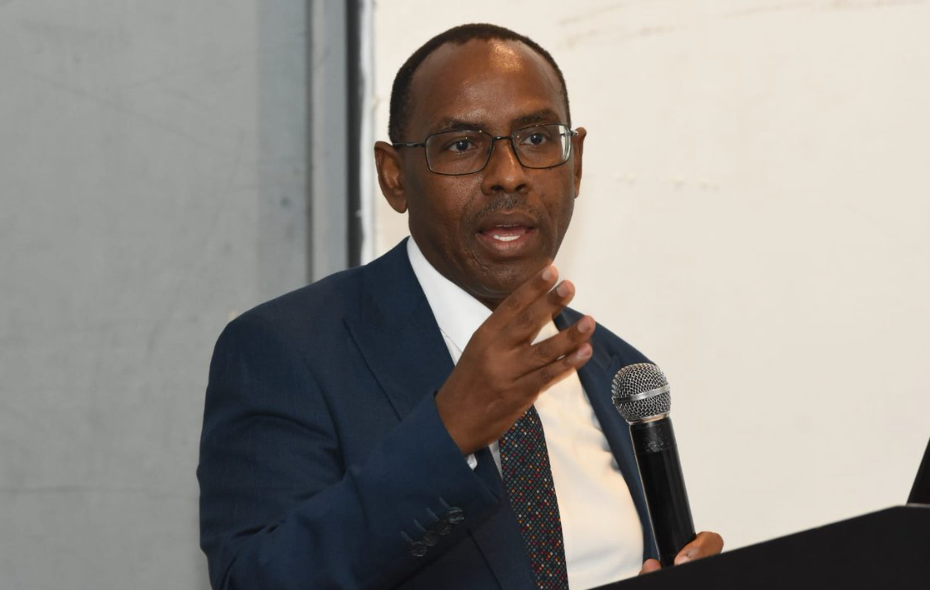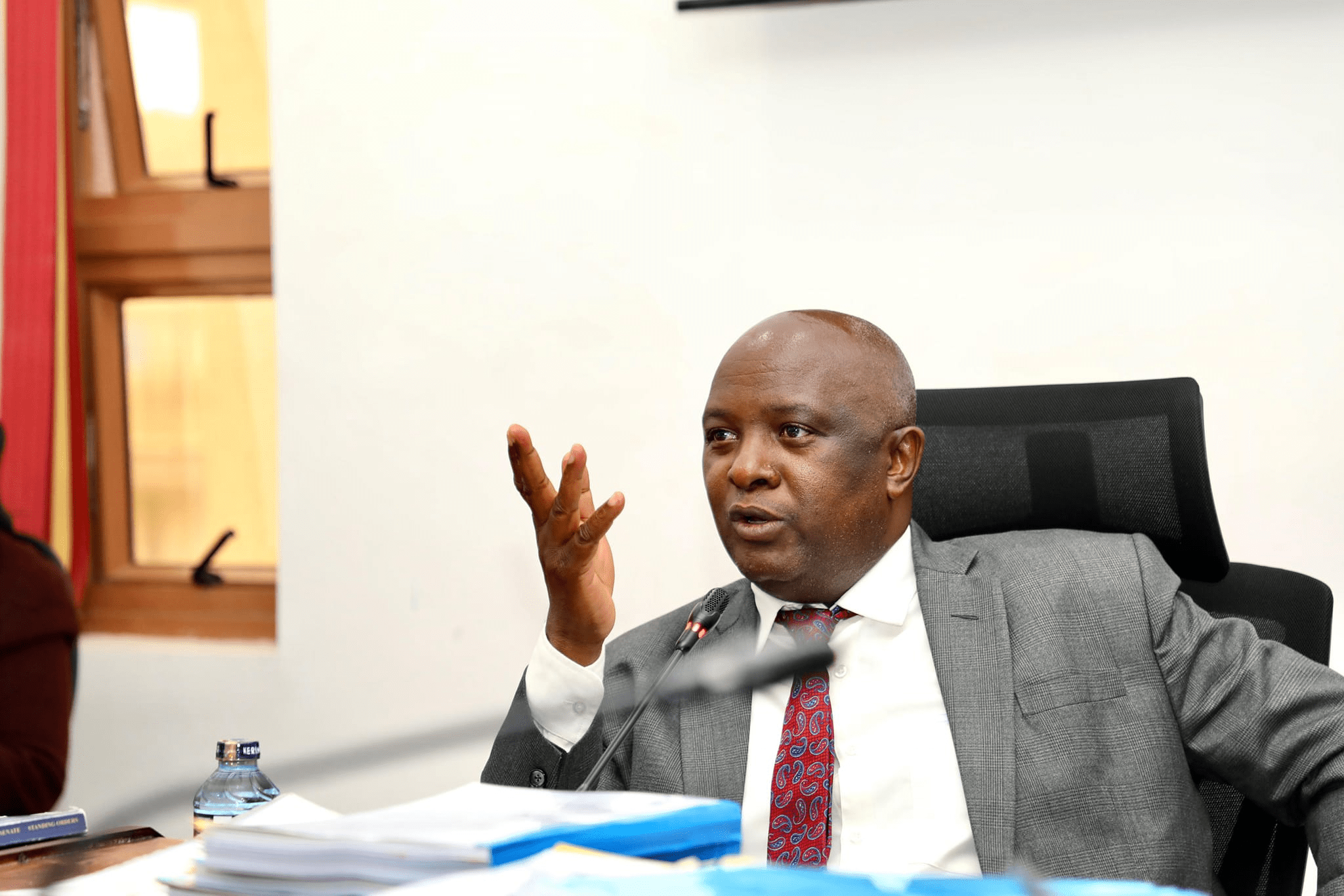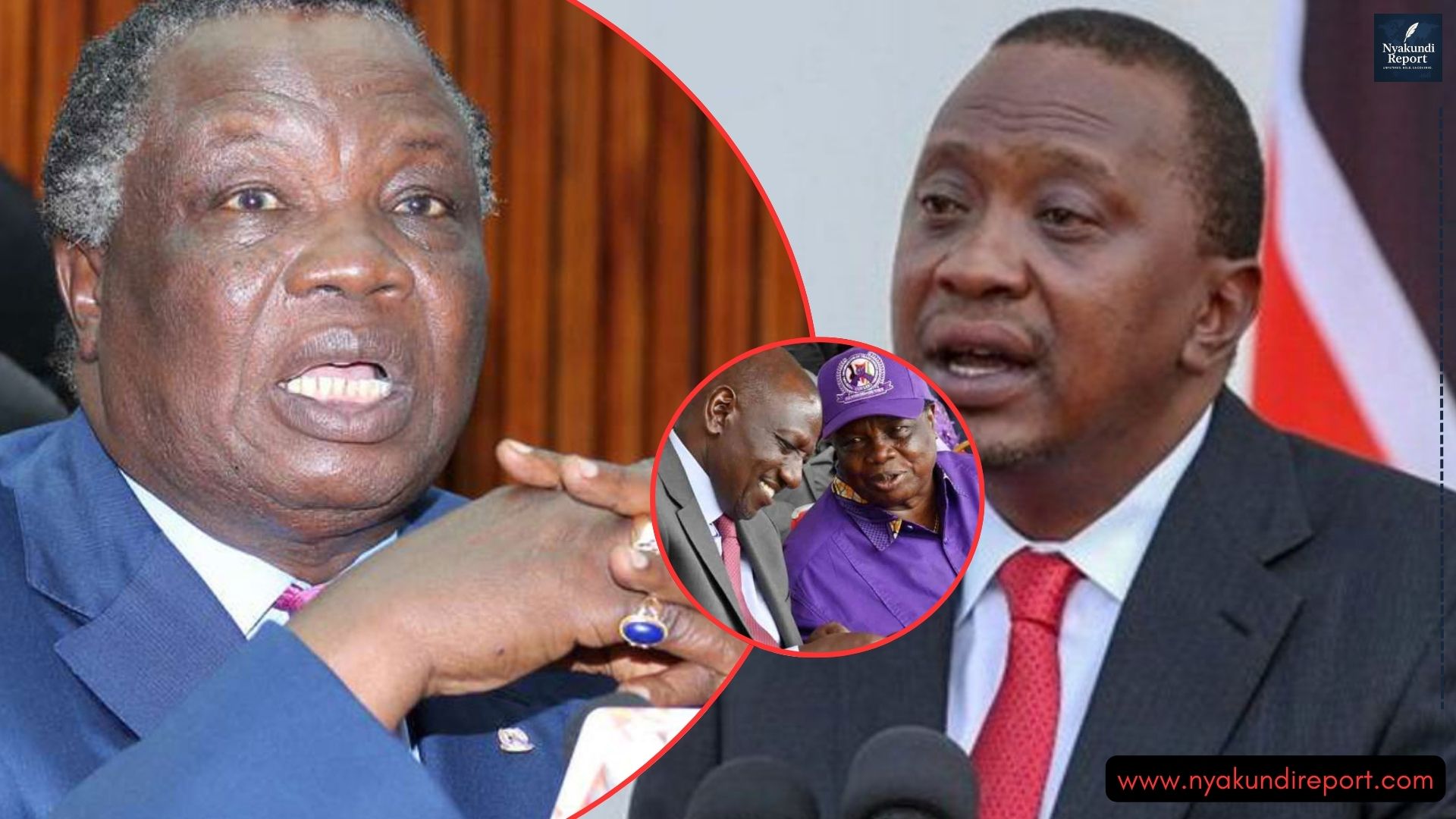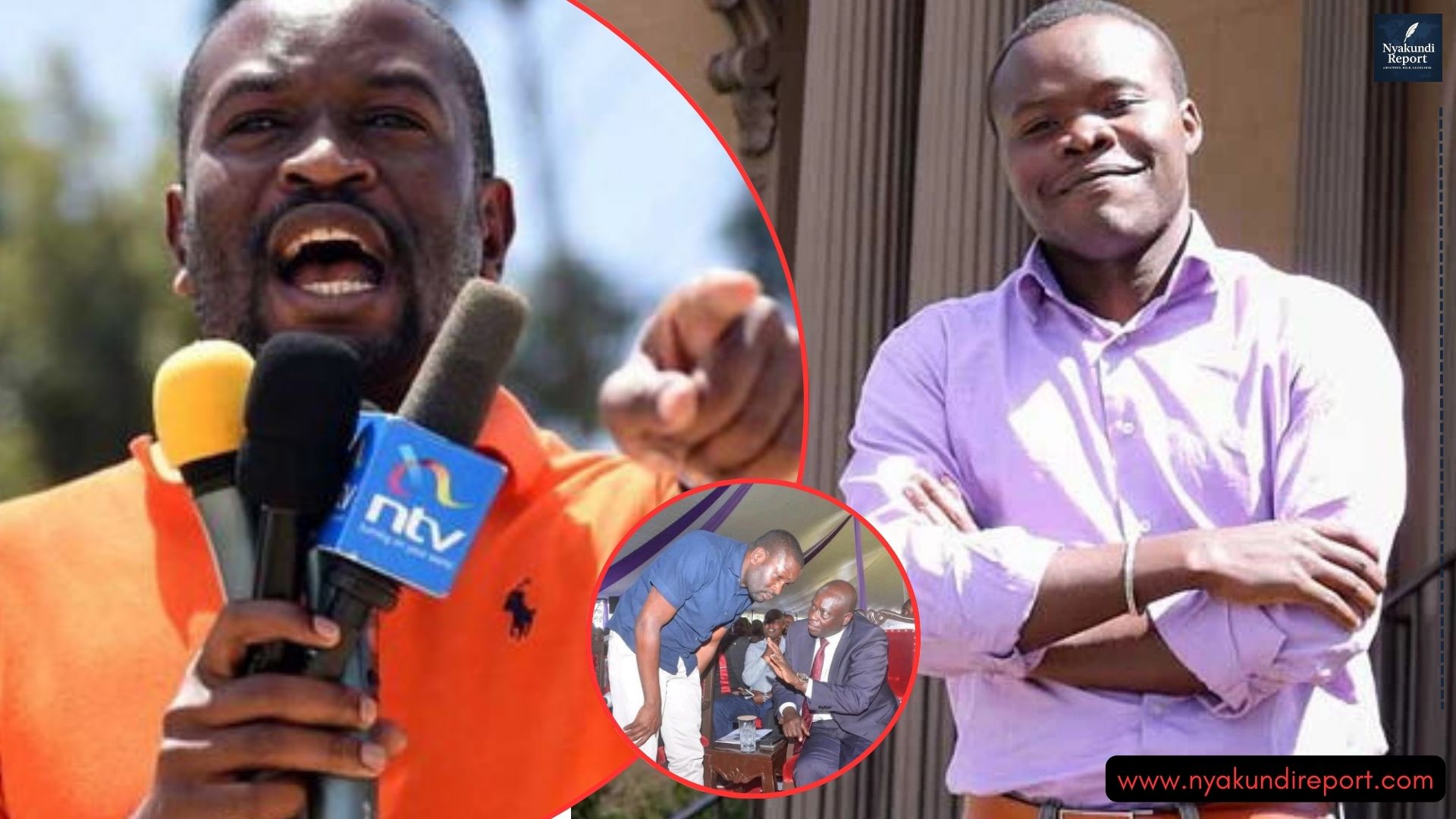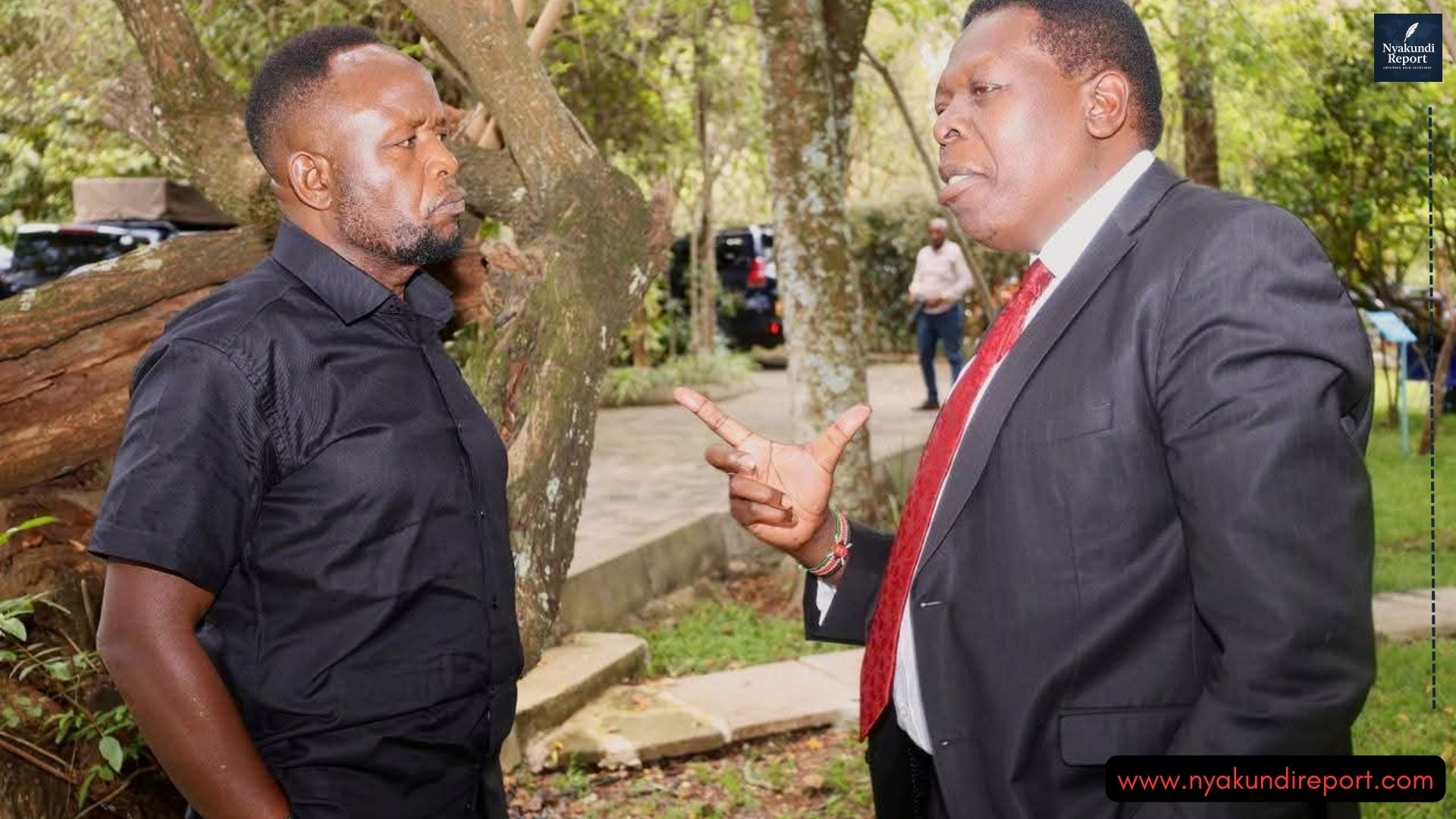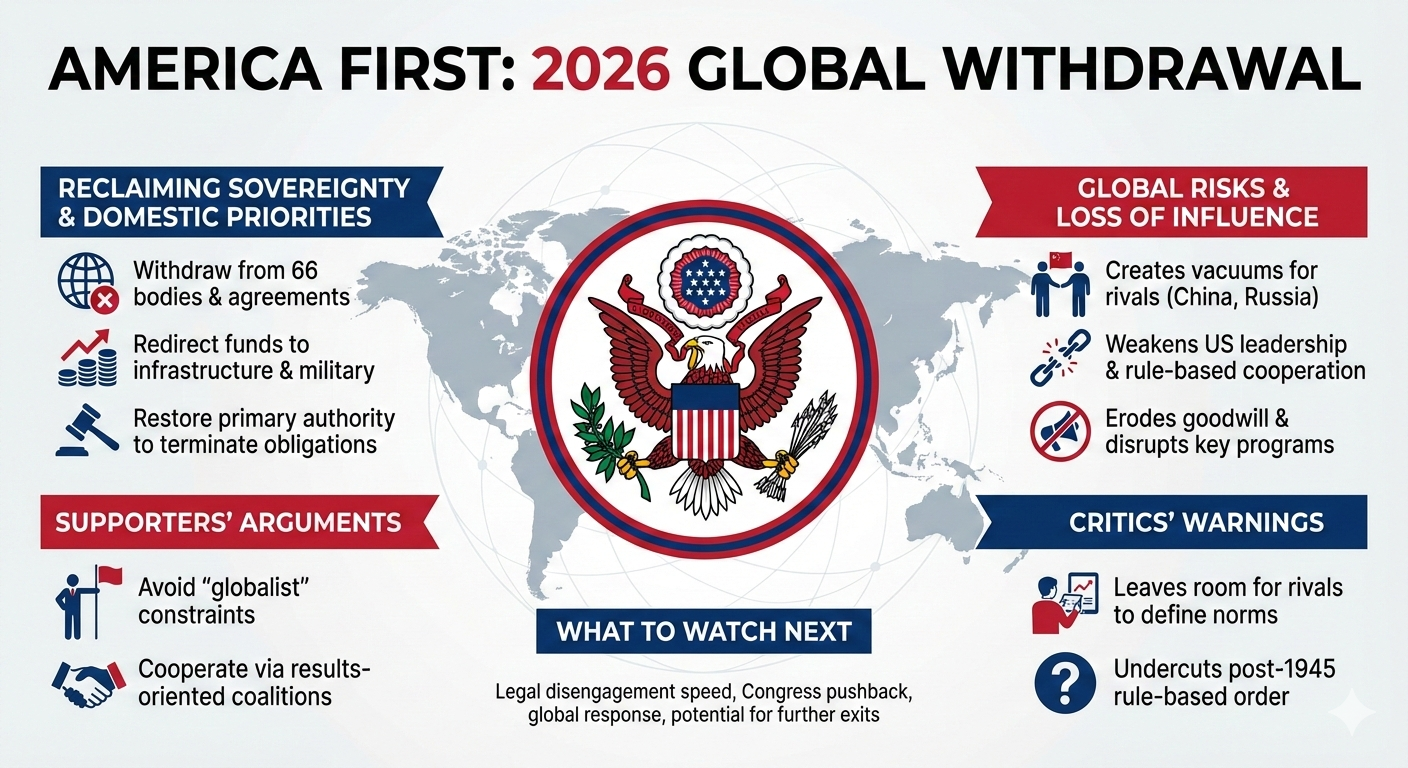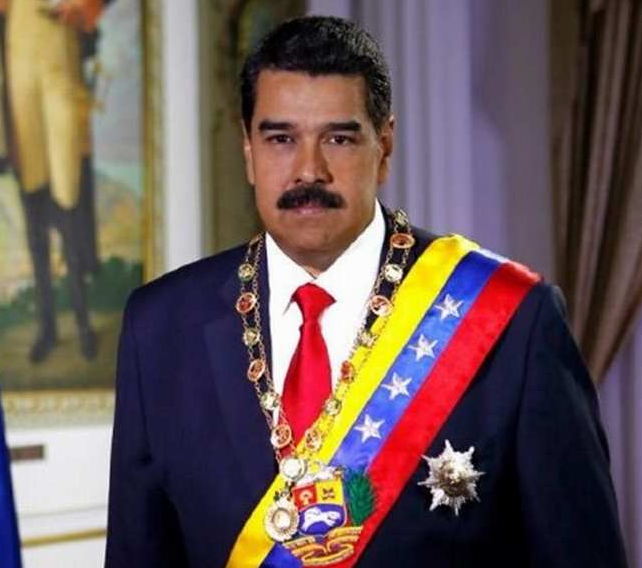The Kenya Wildlife Service (KWS) is facing a widening internal revolt following the circulation of a lengthy dossier prepared by officers who contend that authority within the institution has narrowed to a small cluster of senior managers whose influence overrides formal structures, a development that has weakened institutional coherence at a time when the country requires a stable conservation agency capable of responding to growing pressures across wildlife landscapes.
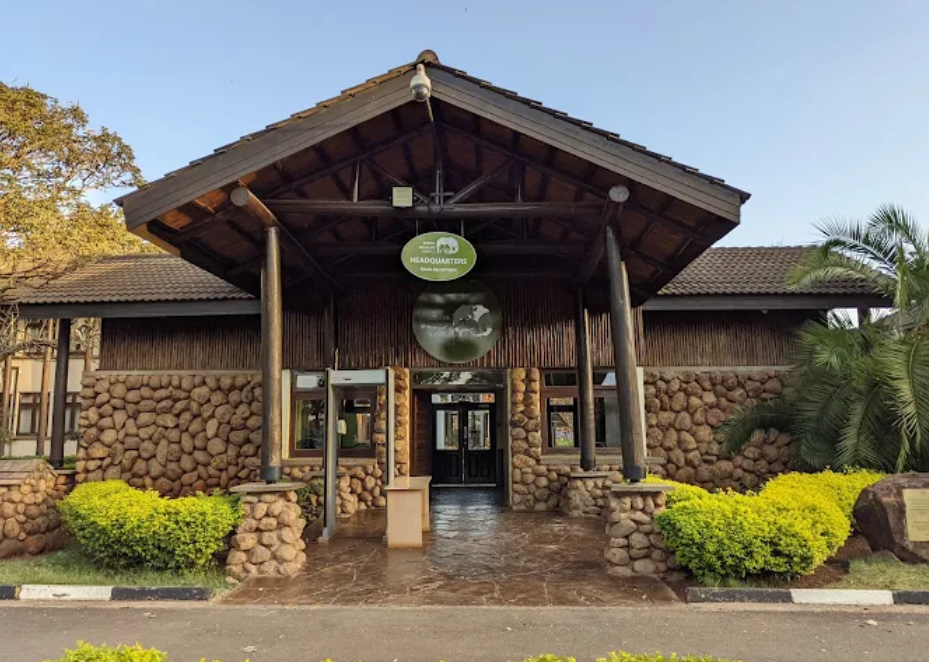
Officers warn that the cumulative effect of these challenges places KWS in serious risk of collapsing if decisive action is not taken to restore institutional balance and operational functionality.
The document describes a working environment where senior offices operate without the structured consultation that once defined the service, creating a sequence of decisions that bypass technical expertise, diminish the legitimacy of established departments and foster a climate where dissent is discouraged through informal reprisals that gradually erode confidence across field stations and headquarters.
Legislative Interference and Politicized Mandates
The dossier records interference in the review of the Wildlife Conservation and Management Act 2013, stating that staff-generated proposals grounded in long-term ecological considerations have been overridden by short-term administrative preferences, creating anxiety among conservationists who fear that weakening internal participation in legislative processes could isolate Kenya from global conservation expectations.
It also captures a pattern where political offices shape deployment, hiring and community engagements, making it difficult for the service to preserve a neutral operational posture and reducing the ability of technical teams to determine priorities based on ecological need rather than external pressure, with officers noting that directives often flow directly from Director General Erastus Kanga through his close aides Mr. Keneth Ochieng, Mr. Dickson Ritan and Mr. Valentine Kanani.
Stalled Strategic Implementation and Human Resource Disarray
The recently launched strategic plan is said to have stalled after early momentum, with targets on community extension, human-wildlife conflict mitigation, wildlife security and tourism product renewal unable to move forward due to internal disorganisation that has left departments without clear guidance, adequate financing or coordinated oversight.
Human resource management occupies a wide portion of the dossier, capturing incidents of irregular promotions, unexplained transfers, stalled placements and recruitment exercises where positions are filled without advertisement, creating a pattern where junior officers such as Maureen Musembi and Abby Lelei are elevated to roles requiring years of field experience while seasoned staff, including Prof Musyoki (D-W&CS) and Mr. Doti (DD-CWS), remain without placement, fuelling dissatisfaction within the organisation.
Some officers have been transferred more than three times in one year, while others have remained in the same station for a decade, a divergence that officers argue undermines continuity, family stability and performance expectations, with Mr. Keneth Ochieng, Mr. Dickson Ritan and Mr. Valentine Kanani identified as responsible for approving most transfers.
Community Recruitment and Staff Welfare
The report states that lower cadre jobs such as clerks, fence attendants, drivers and grounds staff were historically filled from communities living near conflict-prone conservation zones, a policy that strengthened local cooperation and advanced the government’s bottom-up economic model, yet the current administration is said to have abandoned this approach in favour of unilateral hiring from headquarters, thereby weakening long-standing community alliances.
Welfare gaps appear equally wide with officers noting that uniforms have not been supplied for three years, boots have not been issued, staff meetings have been discontinued and stress levels within the service have risen, producing rising cases of depression, alcoholism, addiction and family breakdowns linked to abrupt transfers that uproot households with little warning and no support.
Qualification Gaps and Dormant Oversight
The dossier states that officers with no grounding in wildlife security, planning, community relations, or enterprise management now hold crucial positions, weakening the professional foundation upon which the service once relied, with cited examples including Mr. Nicolson (D-P&E) and Mr. Ritan (DD-Security). Meanwhile, several qualified officers remain unassigned within the new structure, diminishing morale across technical units.
It further notes that essential oversight bodies such as the Staff Management Committee and the Extended Committee on Management have fallen dormant, leaving key decisions on promotions, discipline and deployments in the hands of a small inner circle, while the spokesperson’s office has gone silent, creating long gaps between major incidents and official communication to the public.
Disciplinary Irregularities and Ethnic Deployment
Interdictions and demotions are described as inconsistent, with some officers subjected to punitive action for incidents similar to those where no disciplinary response followed, while several cases remain unresolved long after the six-month limit in the human resource manual, thereby weakening internal confidence in disciplinary processes.
Ethnic patterns in postings dominate another section of the dossier, with officers listing multiple parks and stations where one community holds a controlling presence, creating the impression of disproportionate influence in field leadership and undermining the principle of national representation within a public institution whose mandate spans every corner of the country, with Mr. Ochieng and other senior aides cited as directing these deployments.
International Opportunities and Gender Marginalisation
Training opportunities abroad are described as restricted to a small circle that travels repeatedly, while uniformed female officers note that they hold no representation in top decision-making organs such as the Staff Management Committee and the Executive Committee, leaving workplace gender matters without a channel for structured review and weakening prospects for senior female leadership.
The dossier adds that there is no female director or deputy director, and past female officers with deep technical qualifications have been sidelined, leaving a section of the workforce without representation, platforms for grievance escalation or career progression.
Tourism Marketing, Infrastructure and Field Financing
The report describes a Marketing and Events Division that has wandered away from tourism promotion and placed its energy into ceremonial events that offer little measurable value to park visitation, while essential infrastructure such as roads, gates, signage, campsites and visitor facilities remain in poor condition due to inadequate investment and weak planning.
It also records a major shift in Authority to Incur Expenditure procedures, where funds that once went directly to field stations are now retained at headquarters, leaving wardens reliant on lengthy approvals that delay court appearances, wildlife security operations, emergency responses and routine maintenance, thereby reducing operational efficiency across the ecosystem.
Legal Weaknesses and DG Office Control
The Legal Department is described as slow, inaccessible and unable to offer reliable support, with officers reporting unanswered calls, ignored correspondence and long delays that have contributed to case losses that could have been avoided with coordinated legal assistance.
The Director General’s administrative office is portrayed as a gatekeeping centre that determines who enters DG Kanga’s chambers, which letters reach the top office and which messages are withheld, creating an environment where junior officers operate with caution and fear around a small group of administrative aides.
Wildlife Projects, Procurement and Mining
The dossier records wildlife translocations approved without comprehensive scientific studies or environmental impact assessments, while the Chyullu REDD Plus project is described as a programme controlled by a narrow chain of officers, limiting transparency in financial flows and weakening accountability for carbon revenue management.
Procurement receives extensive attention, with supply chain staff reporting intimidation, pressure to modify tender outcomes and rapid transfers for officers unwilling to comply, while mining activities in Tsavo, Meru Bisanadi and Kora are said to involve cartel operations enabled by certain officers, a development that threatens conservation landscapes.
Training and Conservation Governance Risks
National Defence College training opportunities are said to be issued at very short notice and framed as disciplinary leverage, with nominees sometimes informed on a Friday and ordered to report the following Monday.
Collectively, these twenty-eight issues create a picture of an institution under strain at a moment when climatic variability, rising human-wildlife conflict, expanding settlement patterns and the national tourism recovery agenda require a wildlife authority with firm leadership, coherent structures and predictable management standards, with officers warning that continued inaction could push KWS toward collapse.
 Loading...
Loading... Loading...
Loading...Implications for KWS Management
Operational decisions, human resource management, financial allocations, and field governance have departed from long-established standards and protocols that once ensured continuity, efficiency, and accountability, producing an environment in which staff morale is fragile, professional cohesion is eroded, and institutional trust across both headquarters and remote stations is increasingly compromised.
Officers describe a landscape in which the flow of authority has become highly concentrated among a narrow set of senior aides reporting directly to Director General Erastus Kanga, resulting in inconsistent decision-making, ad hoc deployment patterns, and uneven implementation of strategic objectives that were originally designed to strengthen the Service’s operational reach and community engagement.
Staff testimony further indicates that the combination of abrupt transfers, stalled or uncoordinated projects, dormant oversight committees, and limited financial autonomy at field stations has created persistent operational bottlenecks that undermine the Service’s capacity to manage wildlife effectively, respond to human-wildlife conflict, and ensure the protection of sensitive habitats.
These constraints, officers argue, extend beyond administrative inefficiency, directly impacting Kenya’s ability to maintain meaningful partnerships with local communities, conservation organizations, and international stakeholders, while also eroding confidence in the Service’s capacity to uphold its statutory mandate under the Wildlife Conservation and Management Act.
The cumulative effect of these internal disruptions is a workforce operating under stress, with diminished avenues for professional development, inadequate recognition for technical expertise, and rising frustration over unclear promotion pathways, which collectively threaten to weaken the Service’s resilience at a moment when ecological pressures, tourism recovery, and national conservation priorities demand strong, coordinated leadership.
Officers warn that without immediate reforms and renewed governance structures, KWS is in serious risk of collapsing.

